Filter by
Press releases (221)
RSS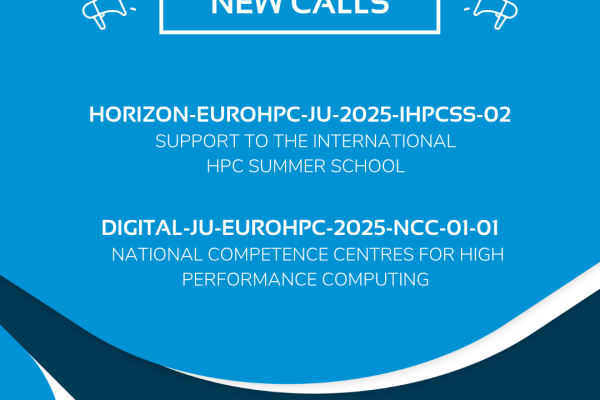
The European High Performance Computing Joint Undertaking (EuroHPC JU) is launching two new calls to further enhance Europe’s leadership in HPC and related technologies by supporting training, skills development, and National Competence Centres.
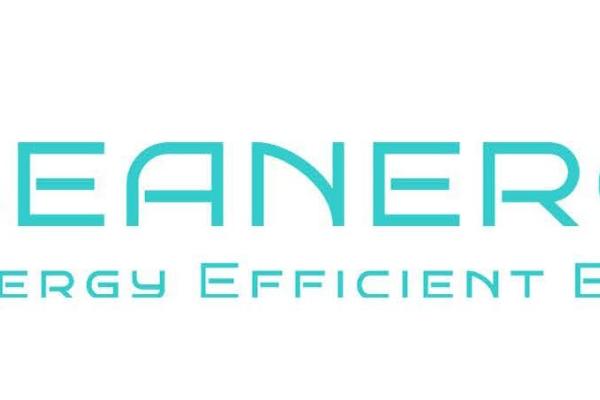
Funded by the EuroHPC Joint Undertaking (EuroHPC JU), SEANERGYS will develop a next-generation software solution to improve the energy-efficient operations of EuroHPC supercomputers.
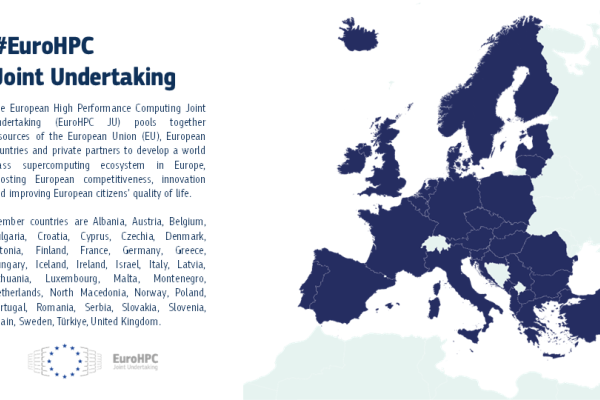
Following the 49th Governing Board meeting of the EuroHPC Joint Undertaking, which took place today in Luxembourg, Albania became the 36th participating state to join the initiative, further strengthening Europe’s leadership in supercomputing.
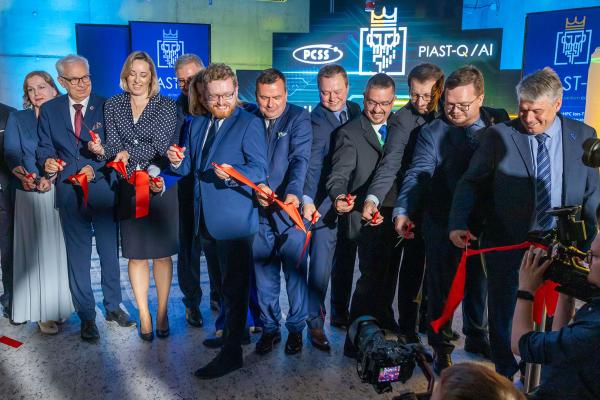
Today,under the Polish Presidency of the Council of the European Union, EuroHPC JU inaugurated PIAST-Q in Poznań, Poland. This first inauguration of a EuroHPC quantum computer marks a milestone in building a European quantum computing infrastructure.

The HANAMI project marked a significant milestone today with the signing of a Letter of Intent (LoI) between RIKEN and the European High-Performance Computing Joint Undertaking (EuroHPC JU).

The EuroHPC Joint Undertaking has launched a new call to support the development of Centres of Excellence (CoEs) and next-generation software, known as Lighthouse Codes, that can tackle major scientific, industrial, and societal challenges.

The new TOP 500 list marks a significant milestone for Europe: JUPITER now leads as Europe’s fastest supercomputer, while its JEDI module is the world’s most energy-efficient. LUMI & Leonardo continue to hold their ground among the global top 10.
Guest blog from Mikael Johansson, Manager Quantum Technologies, at CSC – IT Center for Science Ltd, Finland on European quantum computing past, present and future.
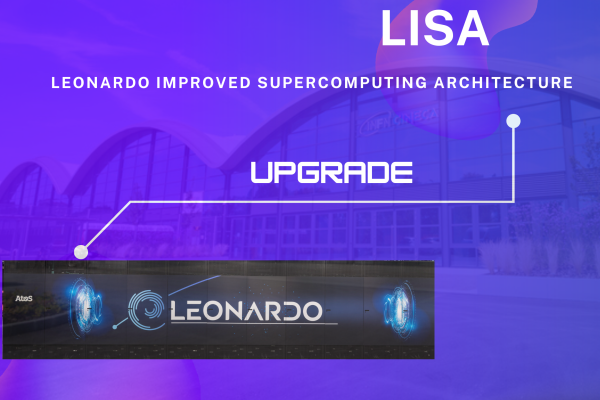
The EuroHPC Joint Undertaking has signed a procurement contract with Eviden, the selected vendor for the Leonardo Improved Supercomputing Architecture (LISA), which will soon be complemented by IT4LIA, one of the 13 EuroHPC AI Factories.
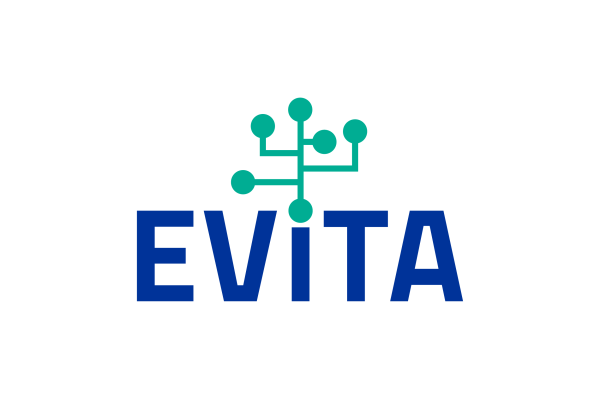
The EuroHPC-funded project EVITA aims to build a unified, high-quality training framework for HPC and emerging technologies in Europe.